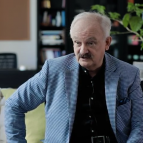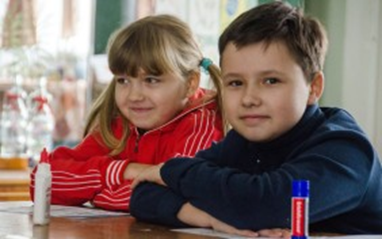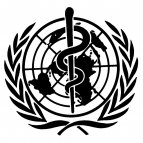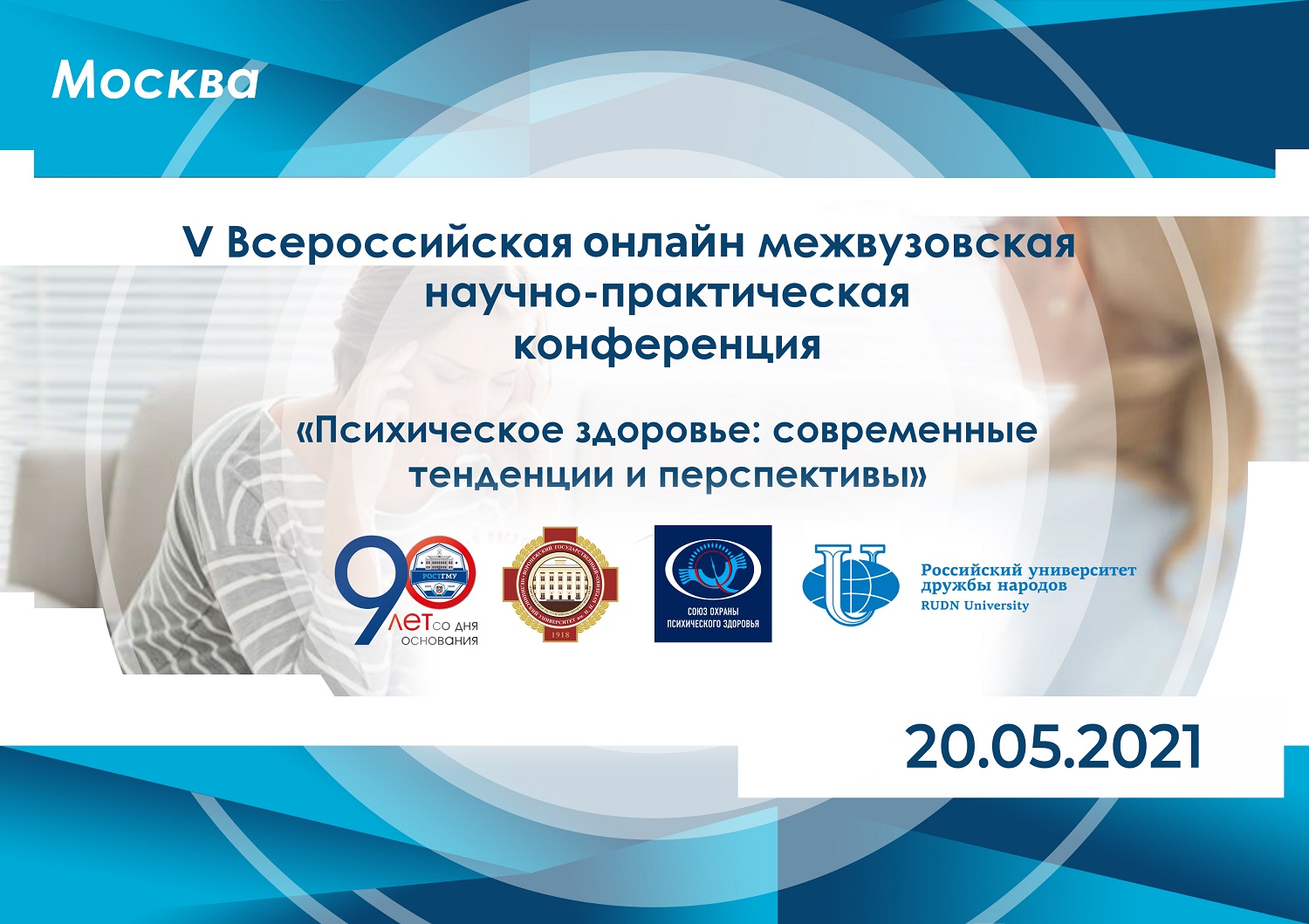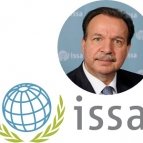Economic aspects of mental health in children and adolescents
Marc Suhrcke, Demetris Pillas, Caroline Selai.
WHO European Office for Investment for Health and Development, Venice, Italy, WHO Regional Offi ce for Europe.
Imperial College London, United Kingdom.
Institute of Neurology, University College London, United Kingdom.
Informational source: WHO Europe: https://www.euro.who.int/__data/assets/pdf_file/0003/76485/Hbsc_Forum_2007_economic_aspects.pdf
The paper presents the available European evidence on the economic consequences of child and adolescent mental illness and the economic evaluations of interventions. Overall, very sparse evidence was found on both issues, the majority coming from the United Kingdom.
Despite the limited evidence, certain important findings stand out, which can be summarized as follows:
- An interesting, possibly striking, finding regards the costs of mental illness among children and adolescents falling to a very large extent on sectors outside the health care system. Only 6% of cost falls on the health system. This may provide a rationale for other sectors to become more involved in addressing the problem.
- The evidence suggests that productivity costs seem to take the highest burden. Unfortunately, only two of the studies within the sample have considered this issue. Should this result be shown to hold more generally, the policy implications would be to support low-income families with children with mental illness, as they would be affected most by such a burden.
- Only a few types of mental illnesses, out of the wide range, have been economically evaluated, leaving a lack of any type of cost information for many serious mental illnesses (such as schizophrenia).
- The economic burden of a mental illness can vary greatly between individuals. A variety of factors that can affect the cost of illness have been suggested, such as the severity of the mental illness, age, family structure, ethnicity and the presence of co-morbid mental illness.
- There are close links between child and adult mental illness – the presence of mental illness during childhood may lead to up to 10 times higher costs during adulthood, which indicates that early intervention may be particularly effective and necessary.
- It is very difficult to derive solid conclusions about the general cost-effectiveness of interventions on child and adolescent mental health problems, as only a very limited number of economic evaluations have been conducted. Certain studies are indicative of cost-effectiveness and improved outcomes that specific interventions can achieve, such as the Bagley & Pritchard study (62) on a school social work intervention.
- Consequently, more research is needed to better understand the size and distribution of the cost burden (especially in European countries outside the United Kingdom) and to provide more comprehensive and comparable assessments of the “return” on investing in child and adolescent mental health via the different, narrow and broad options available. There appears to be a particular “return” to more investment in economic evaluation of early child interventions.


